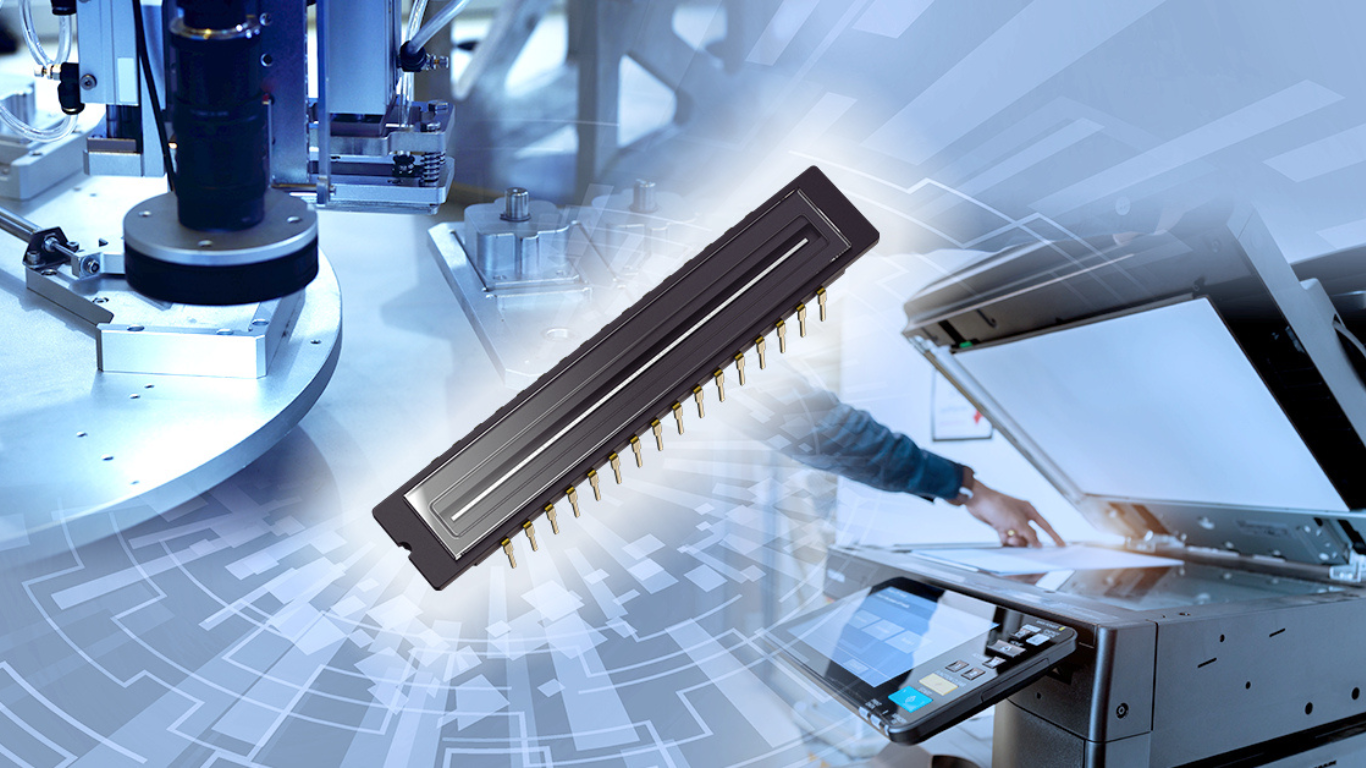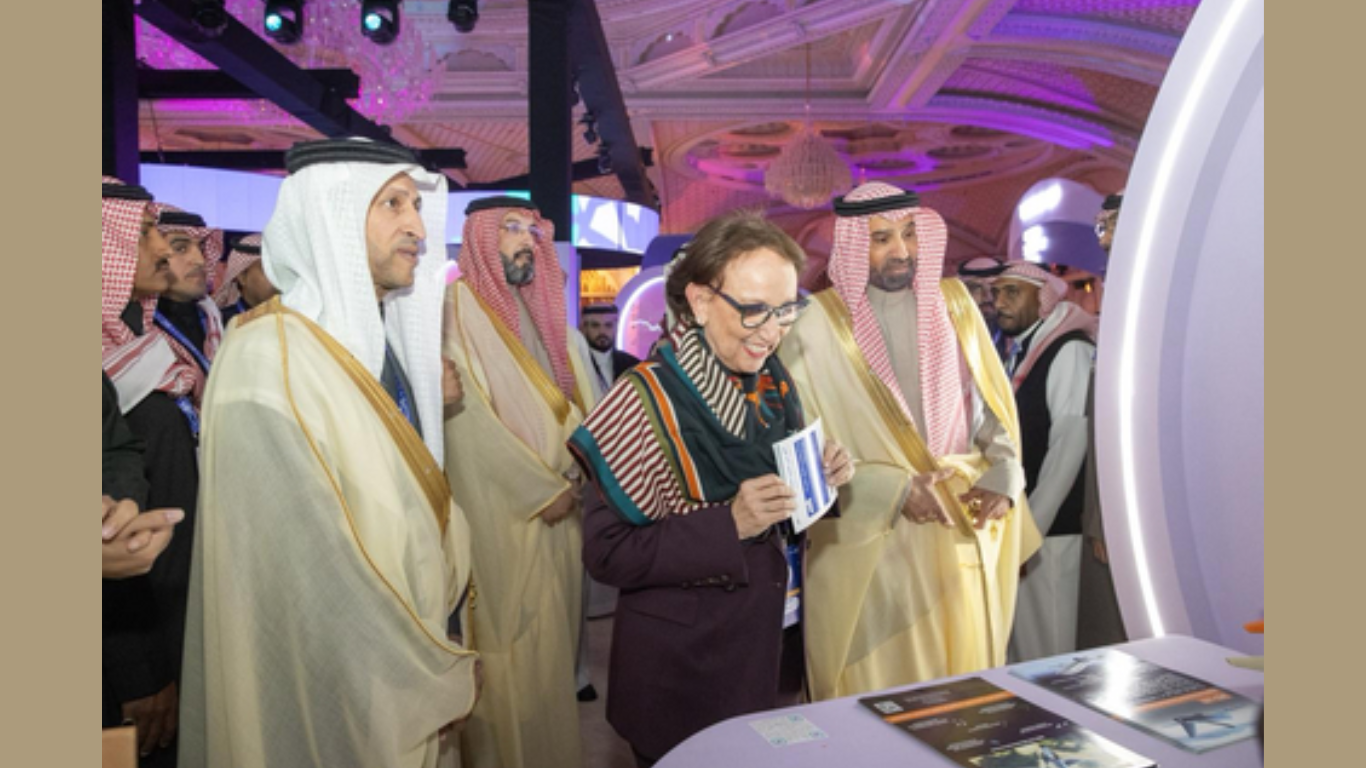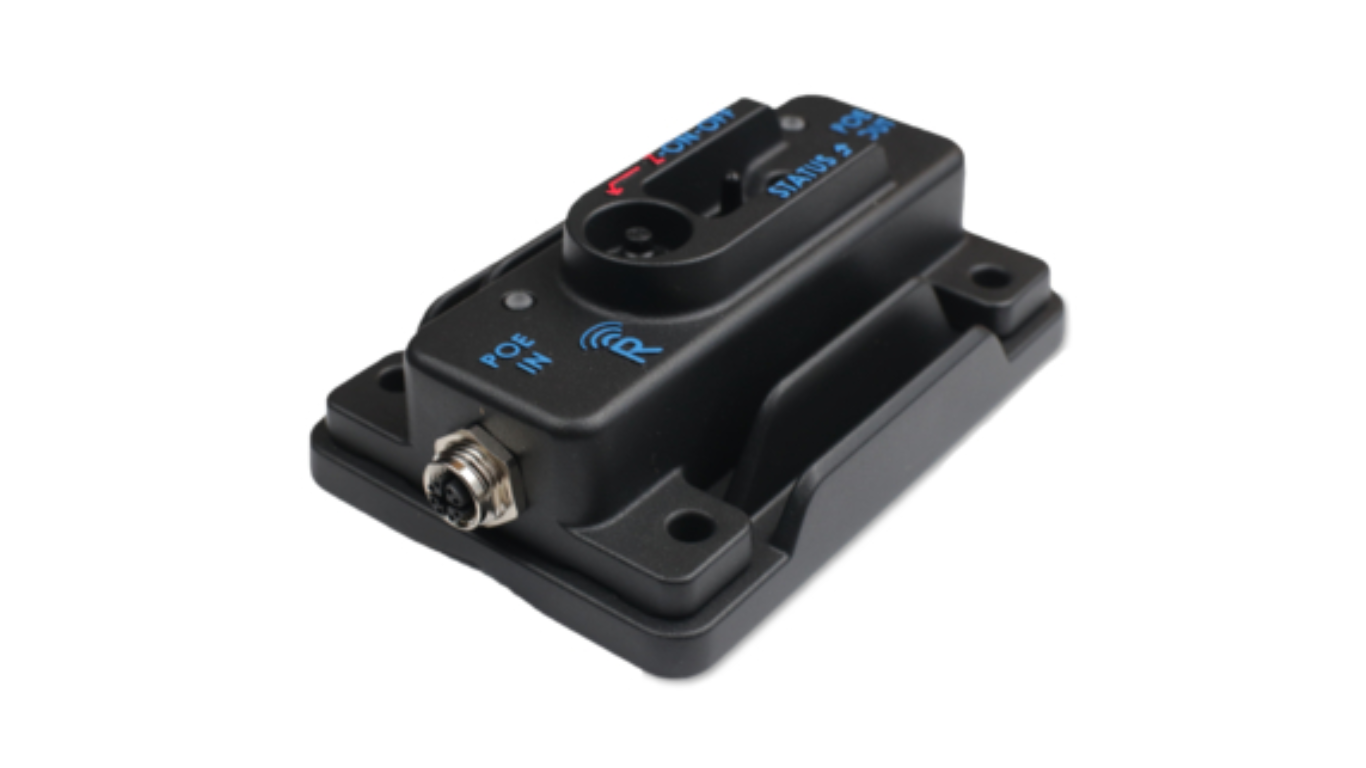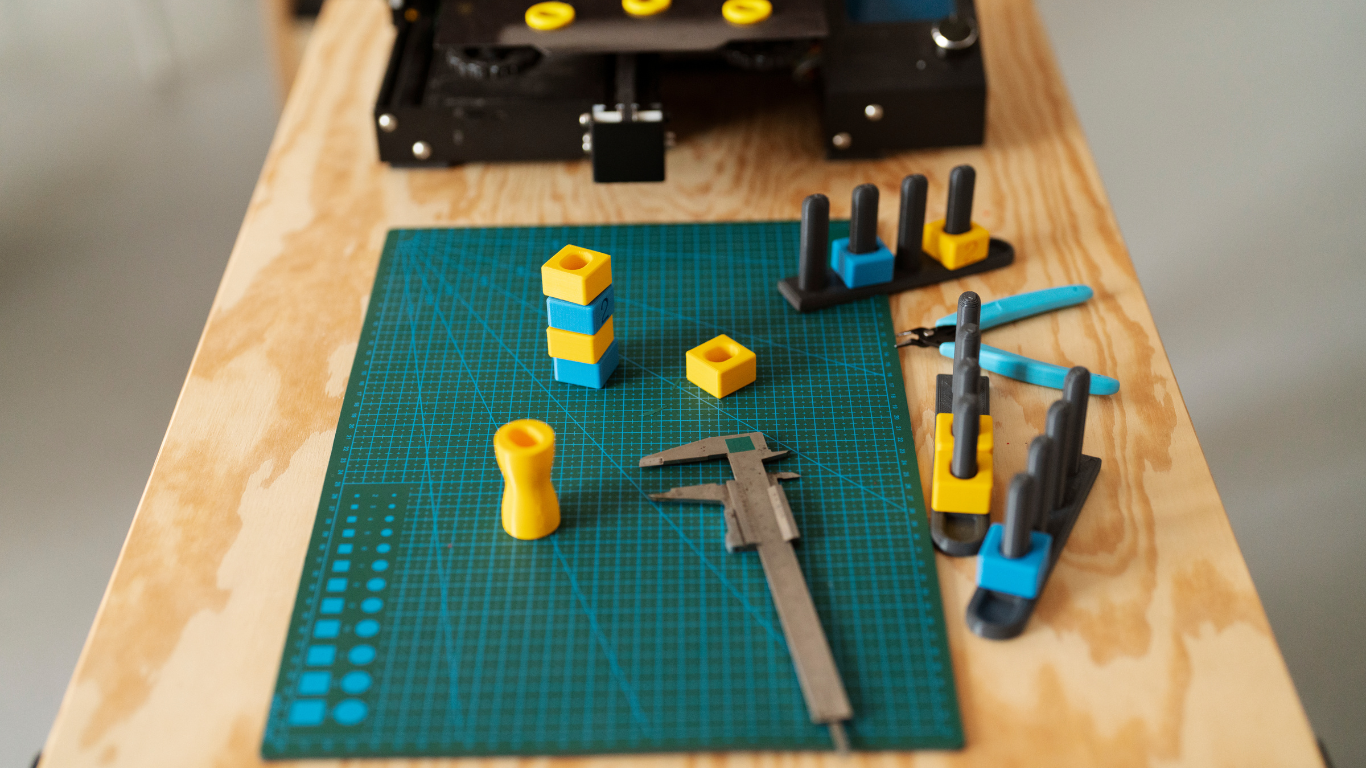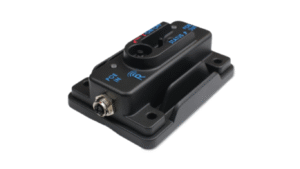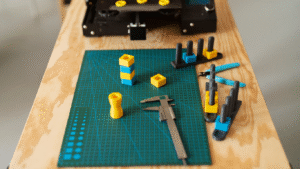Toshiba Electronic Devices & Storage Corporation (“Toshiba”) has launched a lens-reduction type CCD linear image sensor “TCD2728DG” for A3 multifunction printers. Shipments start on August 4th. The sensor has 7,500 image sensing elements (pixels) and supports A3 multifunction printers. It is also more effective at reducing random noise (NDσ) than Toshiba’s current TCD2726DG.
Business offices are seeing a growing need for high-speed, high-resolution copying and scanning of large volumes of different kinds of documents. This is particularly true for A3 multifunction printers, where improving image quality has become an important issue, and NDσ in the signal has to be suppressed to enhance image quality.
TCD2728DG has lower output amplifier gain than Toshiba’s current product, TCD2726DG, and reduces NDσ by approximately 40%. This improvement enhances image quality in multifunction printers. The new CCD linear sensor achieves a data rate of 100 MHz (50 MHz × 2 channels), enabling high-speed processing of large volumes of images. This makes it well-suited for line scan cameras used in inspection systems that require real-time decision-making.
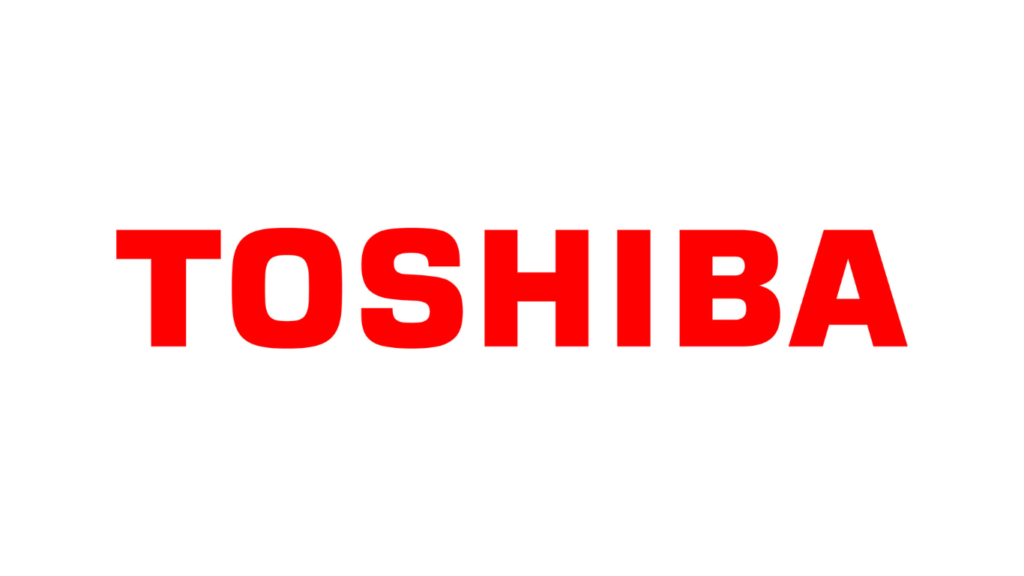
Toshiba will continue to expand its product lineup to support scanning by multifunction printers and the sensing applications of inspection devices, and to meet growing demand for high-speed, high-resolution imaging and sensing technologies.
Applications
- A3 multifunction printers (resolution of 600 dpi)
- 7500-pixel line scan camera for various inspection systems (semiconductor inspection equipment, food sorting equipment, etc.)
Features
- Reduces random noise by approximately 40%
- High-speed CCD linear image sensor: Data rate =100MHz (Master clock frequency 50MHz × 2ch) (max)
- The built-in timing generator circuit and CCD driver help facilitate system development
For more on Toshiba’s linear image sensors, visit the Toshiba website.
More related news:
Toshiba upgrades Line-up of Ethernet bridge ICs to support AICS & Industrial Equipment
Toshiba Digital Solutions signed a technology collaboration agreement with Classiq


